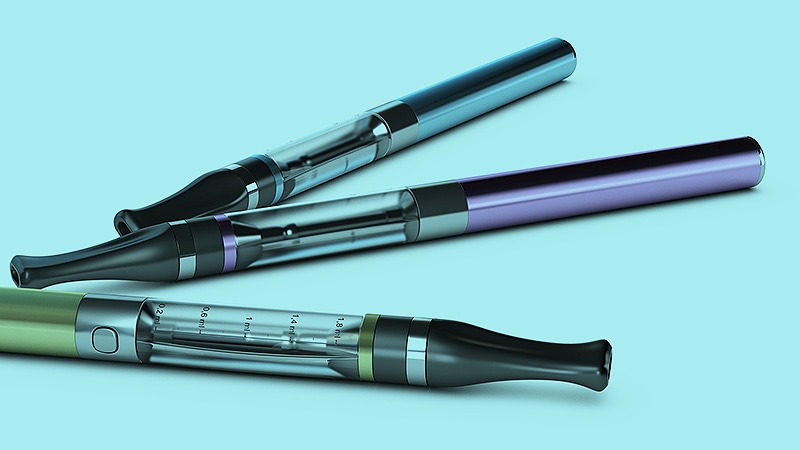New research published in the Journal of Nutrition highlights the influence of habitual consumption of tea and coffee on biomarkers of cardiometabolic health. The study showed that while certain coffee brews such as espresso had unfavourable associations with blood lipids, tea consumption had favourable associations.
Researchers collected dietary, genetic and biomarker data from ≤447,794 participants aged 37-73 years in the UK Biobank using blood samples and questionnaires.
Higher consumption versus no consumption of tea was associated with lower total and low-density lipoprotein (LDL) cholesterol and apolipoprotein (apo)B and higher high-density lipoprotein (HDL) cholesterol. The associations were similar for green tea and black tea.
Each additional cup of coffee consumed was associated with higher total and LDL cholesterol and apoB versus no consumption. This association was significant for espresso, but not for instant coffee. Coffee consumption was also associated with higher HDL cholesterol and apoA-1, but the association remained significant only for low-to-medium consumption.
Both tea and coffee consumptions were significantly associated with lower fasting triglyceride and C-reactive protein levels but had no associations with lipoprotein (a) and fasting glucose levels. Findings for glycated haemoglobin varied by sex and other lifestyle factors.
According to the authors, the "findings were not modified by genetic factors affecting caffeine metabolism, suggesting an important role of noncaffeine constituents of these beverages for cardiometabolic health."
J Nutr. Published online August 17, 2020. Abstract
This article originally appeared on Univadis, part of the Medscape Professional Network.



